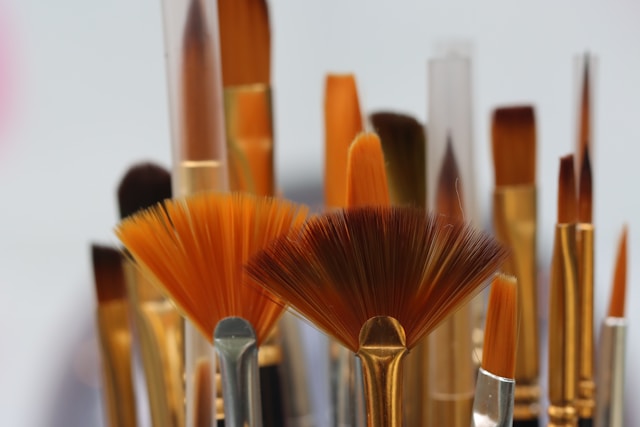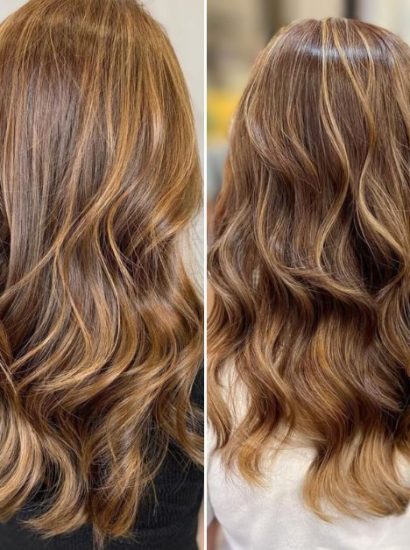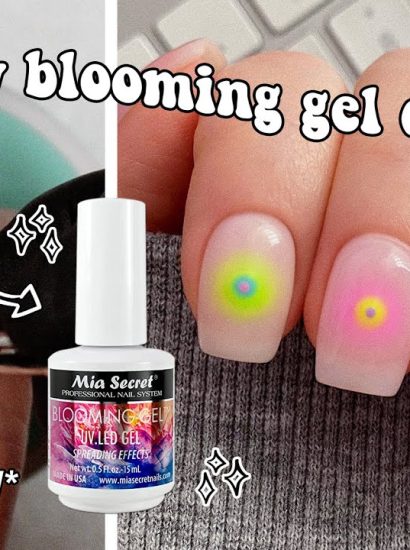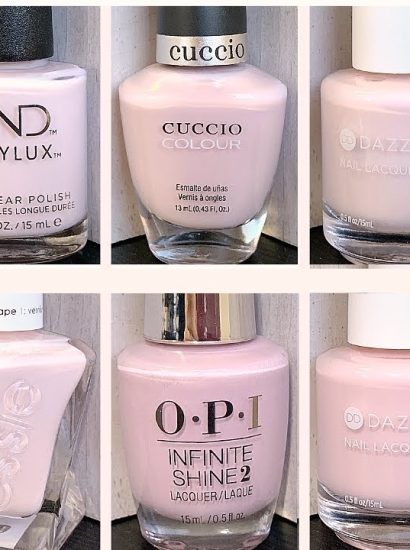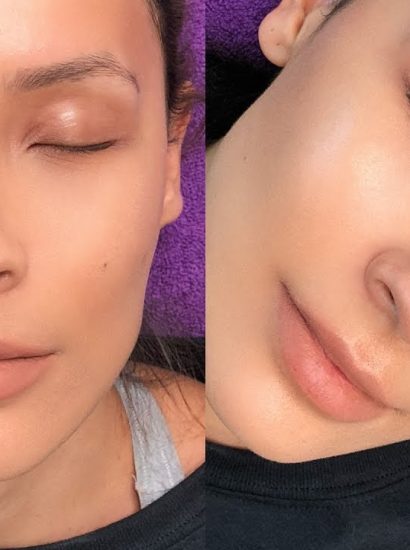As beauty enthusiasts, Brush Cleaner we often focus on the latest makeup products, skincare routines, and techniques, but one essential aspect of makeup application is frequently overlooked—brush hygiene. Makeup brushes are some of the most important tools in our beauty routines, and keeping them clean is not just about maintaining their appearance. Regular brush cleaning is crucial for ensuring the longevity of your brushes, the quality of your makeup application, and most importantly, the health of your skin.
1. Prevent Bacteria Buildup
One of the primary reasons to clean your brushes regularly is to prevent bacteria from accumulating on the bristles. Every time you use your brushes, they collect oils, makeup residue, dead skin cells, and other impurities. These particles create the perfect breeding ground for bacteria, which can then transfer to your face when you apply your makeup. Dirty brushes can lead to skin infections, acne, and irritation, so cleaning them frequently is essential for preventing harmful bacteria from contaminating your skin.
2. Extend the Lifespan of Your Brushes
Makeup brushes, especially high-quality ones, can be a significant investment. Regular cleaning not only ensures that your brushes are free from makeup build-up, but it also extends their lifespan. Product residue can build up in the bristles, causing them to become stiff or misshapen over time. Cleaning your brushes with the right products and methods will help preserve their softness, structure, and functionality. By taking care of your brushes, you’re investing in their long-term usability, saving money in the long run.
3. Ensure a Flawless Makeup Application
A dirty brush can negatively affect the quality of your makeup application. Old makeup left on the bristles can mix with fresh products, leading to uneven application and streaks. For example, a foundation brush covered with old foundation residue will apply your new product unevenly, leaving streaks or a patchy finish. Regularly cleaning your brushes ensures that the bristles are free from old products, resulting in a smoother, more flawless makeup application every time.
4. Prevent Clogged Pores and Acne
If you suffer from acne-prone or sensitive skin, regular brush cleaning is especially important. When your brushes are dirty, the oils, dirt, and makeup they carry can clog your pores and lead to breakouts. Foundation brushes and sponges, in particular, are often used on areas with sensitive skin. Keeping them clean helps reduce the risk of acne and ensures your skin stays clear. If you use your brushes on a daily basis, you should aim to clean them at least once a week to avoid these issues.
5. Maintain Brush Softness and Texture
When makeup brushes aren’t cleaned regularly, they become caked with product, which can cause the bristles to become hard and scratchy. This not only makes your makeup application uncomfortable but can also damage your brushes. Regular cleaning helps maintain the softness and texture of the bristles, ensuring that they continue to glide smoothly over your skin and give you the best results. Properly maintained brushes feel soft on the skin and enhance the overall makeup experience.
6. Prevent Makeup Transfer and Color Mixing
One of the biggest issues with using dirty brushes is the risk of transferring old makeup colors onto your skin. For example, a blush brush that hasn’t been cleaned can transfer leftover bronzer or powder onto your face, disrupting your makeup look. Brushes used for different products can also cross-contaminate—an eyeshadow brush used for a dark color may transfer pigments to your face when used for a lighter shade, leading to muddled, inconsistent colors. By cleaning your brushes regularly, you ensure that each product is applied with the correct color, preventing unwanted makeup mixing.
7. Enhance Your Skin’s Health
If you’re using makeup brushes on a daily basis but neglecting to clean them, you’re inadvertently applying dirt and bacteria to your skin every time you apply makeup. The build-up of oils, product residue, and dead skin on your brushes can create an unhealthy environment for your skin. Dirty brushes can irritate your skin, leading to redness, breakouts, and sensitivity. Regular cleaning of your brushes helps ensure that your skin stays healthy and free from the buildup of harmful substances.
8. Protect Your Investment in Quality Brushes
When you invest in high-quality makeup brushes, you’re paying for the durability, softness, and performance they provide. However, if you don’t clean them properly, their performance can quickly deteriorate. Brushes with damaged bristles or stiff, caked-on product will not perform as effectively. Regular cleaning helps protect your investment by preserving the quality and performance of your brushes, ensuring that they continue to perform at their best for years to come.
9. Reduce Allergies and Sensitivities
For those with sensitive skin or allergies, dirty brushes can exacerbate skin issues. Old makeup, oils, and bacteria trapped in the bristles can cause allergic reactions or skin sensitivities. By keeping your brushes clean, you reduce the risk of triggering skin allergies or sensitivities, making it especially important for those with eczema, rosacea, or other skin conditions. Using clean brushes ensures that only the products you intend to apply are touching your skin, which helps maintain skin balance and reduce irritation.
10. Improve Your Overall Makeup Routine
The state of your makeup tools directly impacts the overall quality of your makeup routine. When you use clean brushes, you’ll notice that makeup is easier to apply, looks smoother, and stays put for longer. Brushes that are free of buildup allow for better blending, preventing the need for excessive touch-ups throughout the day. Clean brushes allow you to achieve a more professional, polished finish and elevate your overall makeup routine.
Conclusion
Regular brush cleaning is a simple but essential step in any makeup routine. Not only does it help maintain the quality and performance of your brushes, but it also benefits your skin by preventing the buildup of dirt, oils, and bacteria. From achieving a flawless makeup application to reducing the risk of skin irritation, regular brush cleaning is an investment in both your brushes and your skin. Take care of your tools, and they’ll take care of you!
FAQs
1. How often should I clean my makeup brushes?
You should clean your makeup brushes at least once a week, especially if you use them daily. Brushes used for liquid or cream products (like foundation and concealer) should be cleaned more frequently.
2. What’s the best way to clean makeup brushes?
The best way to clean makeup brushes is to use a brush cleaner specifically designed for makeup tools. Alternatively, you can use mild soap and lukewarm water. Gently swirl the brush in the cleaning solution, rinse, and reshape the bristles. Allow the brush to dry completely before using it again.
3. Can I use regular soap to clean my brushes?
Yes, you can use gentle liquid soap, such as baby shampoo or dish soap, to clean your brushes. However, specialized brush cleansers are recommended for a more thorough and gentle clean.
4. What happens if I don’t clean my makeup brushes regularly?
If you don’t clean your brushes regularly, you risk spreading bacteria and oil onto your face, which can cause breakouts and irritation. Additionally, dirty brushes can damage your bristles, leading to a rougher application and poor makeup results.
5. Can I use a blow dryer to speed up the drying process?
It’s not recommended to use a blow dryer on your brushes, as the heat can damage the bristles. Instead, allow them to air dry naturally on a clean towel or drying rack. Lay the brushes flat to ensure the water doesn’t seep into the ferrule and loosen the glue.
Also read : Gentle Cleanser: 10 Benefits You Can’t Ignore for Healthy Skin

